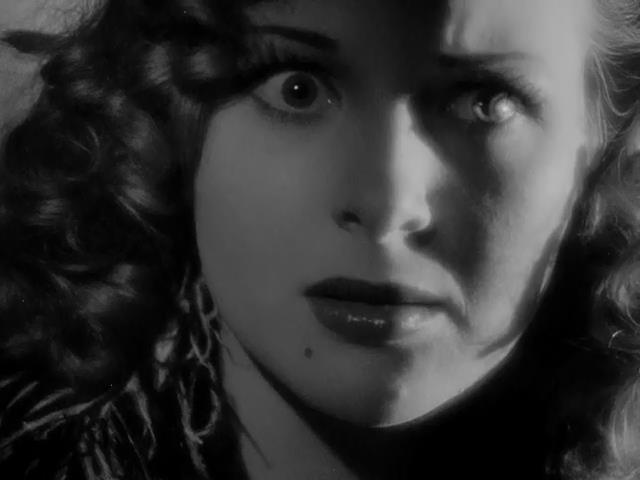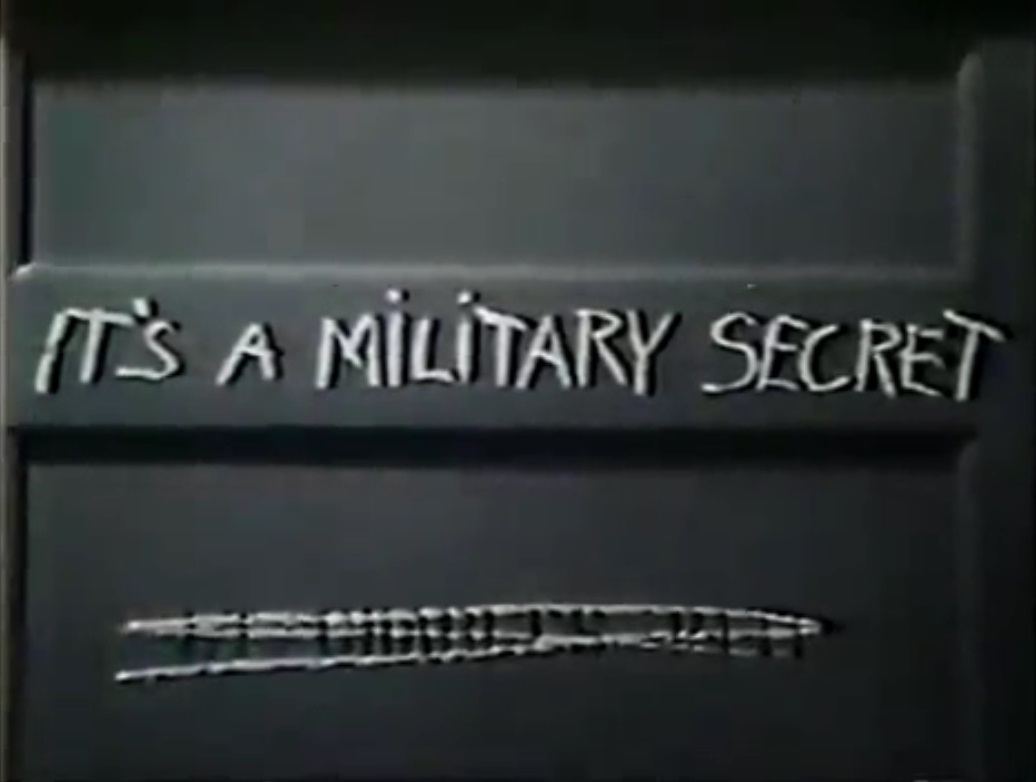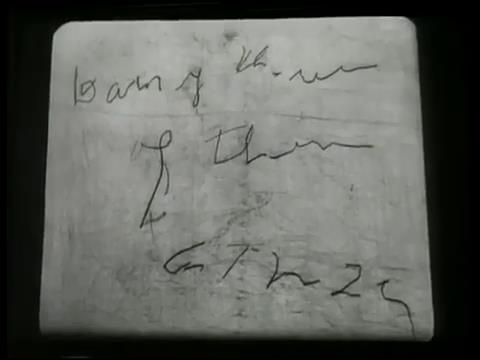Sherlock Holmes and the
Voice of Terror

Something like
Stockhausen’s frequency analysis of Webern is practiced by Holmes on the Fifth Symphony
of Beethoven in response to a request from the Intelligence Inner Council for
assistance in dealing with the endless clamor from Nazi Germany foretelling,
initiating and announcing British disasters on the basis of only the most
perfectly guarded information.
This is entirely
in Rawlins’ line, as will be seen. “This is still a free country, a man may
walk where he pleases.” Holmes in Limehouse, cp. All Through the Night (dir. Vincent
Sherman), even Casablanca (dir.
Michael Curtiz), ultimately The Long Good
Friday (dir. John Mackenzie). “The knife-throwers
of Hamburg are extremely expert.”
“I don’t think
we’re safe.”
“No-one in the
world is safe now, Watson. Least of all us.” A 1932
murder. “It’s criminal, I calls it. I ought to be shot.”
“Perhaps some day
you will be.” Extremely beautiful cinematography, film noir chiaroscuro, by Woody Bredell.
A pre-recorded
message each time, Holmes deduces, made in England. “Crimes against the Third
Reich.”
“A brilliant
record of rapacity, cruelty, torture, deceit and murder.”
An echo of Kane
in Florida the year before (earlier Menzies’ Things to Come).
The Gauleiter’s dream. “What if this
was no dream? What if it was prophecy? What if all this comes to pass?” Liverpool, Croydon,
Birmingham... and a diversionary tactic. Sir Evan’s
ploy recurs in Harper (dir. Jack
Smight). “You see, gentlemen, the Germans plan well in advance.” The
bomb-damaged church of Mrs. Miniver
(dir. William Wyler), in “a deserted fishing village on the Channel.”
Bosley Crowther of the New
York Times, “cheap advantage of the present crisis... throws suspicion on
Britain’s administrators... betrayal of trust.” Leonard
Maltin, “least impressive”. TV Guide, “offended many... was generally regarded to be among the
weakest”. Bruce Eder (All
Movie Guide), “promises (and subsequently delivers) mystery and thrills several
layers deep.”
Ladies Courageous

The need for
materiel, especially planes, is seen to be urgent in a battle fatigue case on
the streets of Washington straight from Guadalcanal, “one of the first”.
Hence the Womens’ Auxiliary Ferrying Squadron, Air Transport Command. Rawlins’ brilliant style is the very thing.
An aerial view of
home... “a crazy, egomaniac stunt.” A husband in
China, “women used to sit here years ago and watch for ships to come into that
harbor, didn’t they? Generations of women.”
“That’s what they
say, darling.”
“They’d watch for
a long time. Months, even years maybe. Sometimes they almost gave up hope.”
A setback for the
squadron. “Domestic orders—that means we’ll be in
those Maytag Messerschmitts for the rest of the war.”
No job for seekers of glamor. “What’s glamorous about
sitting up all night in a jam-packed airliner, eating when you can, sleeping when you can, ‘cause you’re
liable to be yanked out on another flight and you’ve just come back from one,
delivering ships on the nose, learning as fast as you can, taking everything
they can give you and asking for more?” A washout and a
new designation, Womens’ Airforce Service Pilots.
T.M.P. of the New York Times, “will give many moviegoers
a very bad impression of our women pilots.” Leonard Maltin, “hackneyed script and situations...” Hal Erickson (All
Movie Guide), “one of the more successful wartime morale-boosters.” Halliwell’s Film
Guide, “propaganda potboiler.”
Dick Tracy’s Dilemma

Chester Gould’s
underworld portraits (and Tracy) to the life, the essentials of crime, a leaf
from Dr. Mabuse’s book (out go the lights, he alone with a flashlight, cf. Dassin’s Topkapi).
Where was Tracy when the lights went out? The Blinking Skull. “Pennies
for a blind old man?” A veronica for discerning, from
Hawks the watchman. “Three daisies, now we’re getting
into poetry.” Barrymore no less, one Vitamin.
A fence on Hemp
St. Fur heist, homicide. “The rest is hist’ry.” Marks
on a dial. “This is The Claw, eah?
Then go scratch yourself!”
Honesty Insurance
Co., “the combination on that vault,” property of the proprietor,
double-dipping. You’ll always find the missing
merchandise at J. Adams Junk.
Vitamin is
Sightless, “prithee, a random shekel for a myopic
mendicant. Peasant!”
“Come again?”
“Come again? I haven’t left!” The thespian’s
art. “Dear me, doesn’t anyone understand English, anymore?” Power restored, as it were,
and a badge for the bard. “Cannons to right of them, cannons—”
Dick Tracy Meets Gruesome
It opens with the
original drawings and, after a flirtation with a zombie theme, utilizes a
cinematic device to anticipate “A Kind of a Stopwatch” (dir. John Rich for The Twilight
Zone). An unusual sense of humor develops into an original, analytic view
of the press cracking wise.
Rawlins is a
superbly organized director, whose ease in quick tight spots can be seen in the
night car chase and in his constant, rhythmic invention (with a fleeting
reference to an earlier RKO picture’s incinerator). Boris Karloff plays the
ambitious hired help of a scientifically-minded gangster, with Sean McClory as an Irish cop, Lex Barker in a bit, Skelton Knaggs in a somewhat less monstrous role than the assassin
in Terror by Night (dir. Roy William
Neill), and a great gag ending.